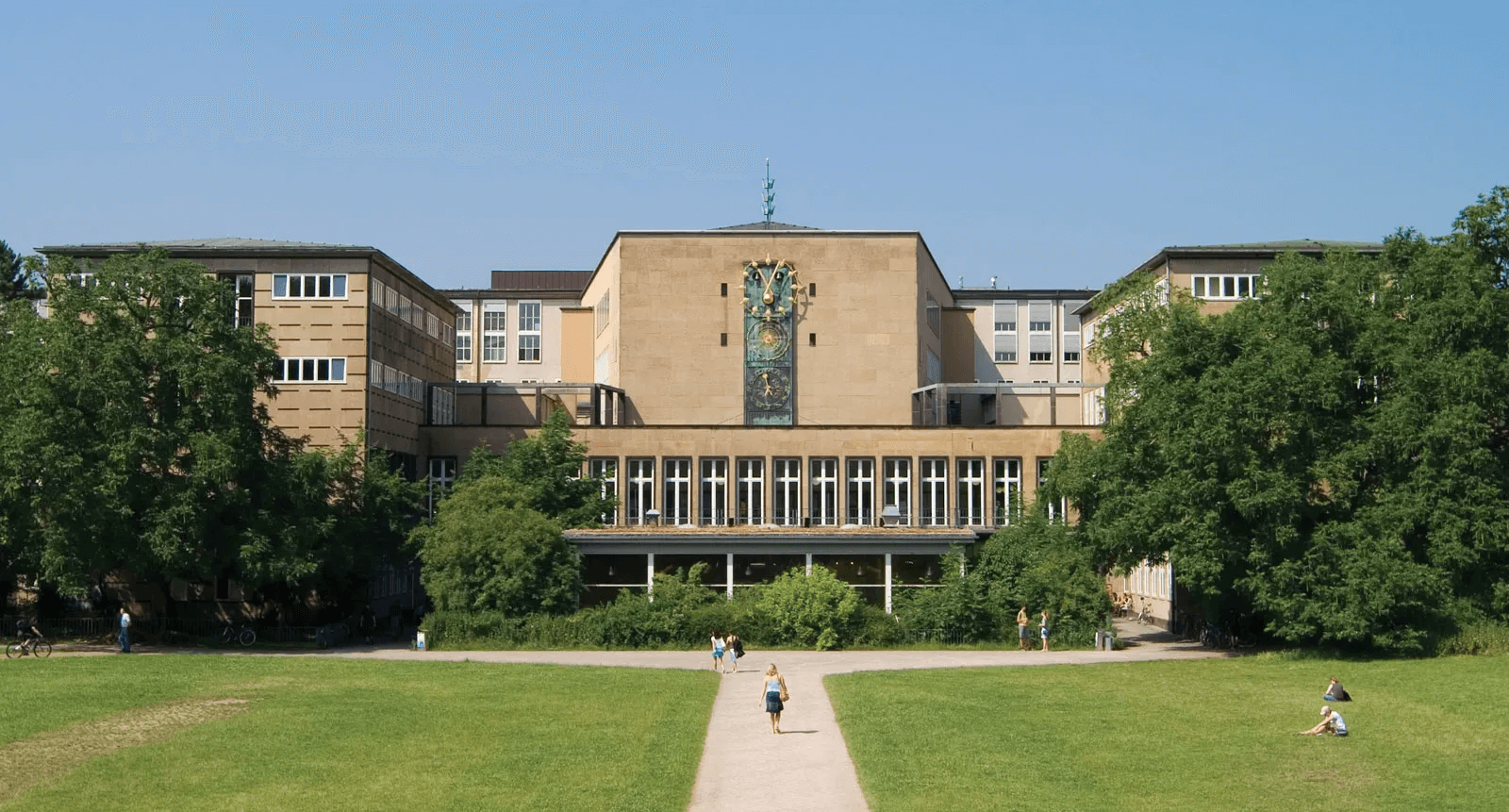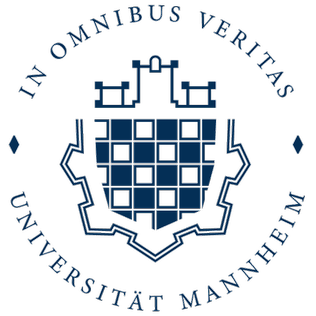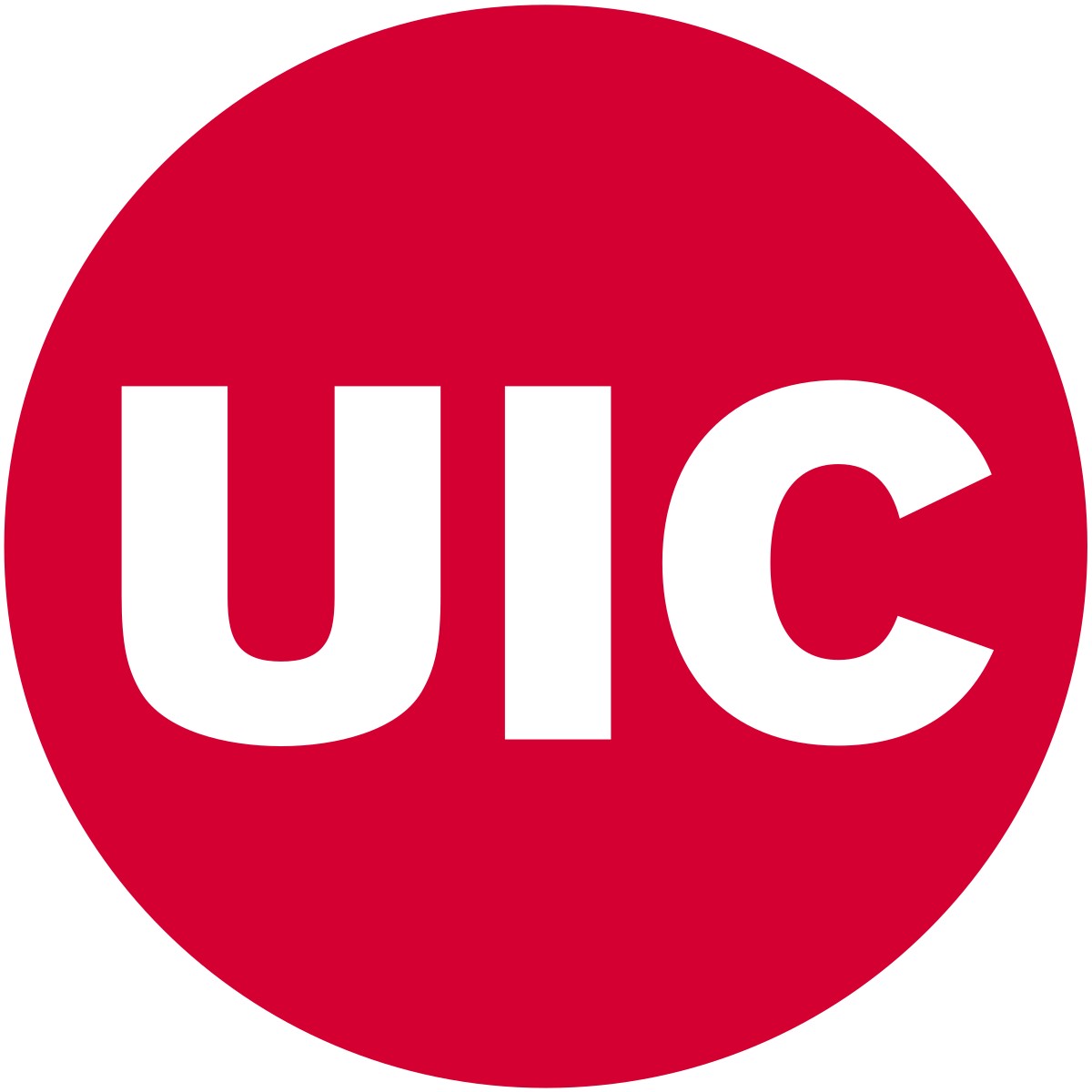📚About the Program
Course description
This programme provides you with:
training in a comprehensive range of political science subfields and the freedom to choose, which offers a lot of flexibility in pursuing your thematic interests.
a strong emphasis on empirical-analytical training including research design and logic, qualitative methods, and quantitative and computational methods with the statistical software R.
advanced research projects in which you apply advanced empirical research methods to current research questions in politics, e.g. including training in quantitative text analysis, social media analysis, experiments and causal inference, process tracing, and qualitative comparative analysis.
an international study environment and the opportunity to complete your degree fully in English.
Contents
The Cologne Master in Political Science offers a research-oriented study programme with course offerings across a range of political science areas. Thematic areas include:
Comparative Political Institutions
Comparative Political Economy
Empirical Democratic Theory
International Relations
European and Multi-level Politics
Political Science Methods
The empirical and analytical focus of the programme enables you to analyse political phenomena using state-of-the-art research methods and to carry out an independent research project. Upon graduating from the programme, you will be ready for a professional career in many areas of politics or for the continuation of your studies through a PhD programme in political science.
Structure
The programme includes a module area “Political Science Research Methods”, which offers training in foundations of research methods, including research design and logic, qualitative methods, and quantitative and computational methods with the statistical software R.
In addition to these foundational methods courses, advanced research projects are offered, in which you apply advanced empirical research methods to current research questions in politics. For instance, past M.A. courses included training in quantitative text analysis, social media analysis, experiments and causal inference, process tracing, and qualitative comparative analysis.
The master’s thesis is written towards the end of the programme and can be research or practice oriented, corresponding to your interest.
Required Documents:
●School leaving certificate/proof of having passed a university entrance exam
●Degree certificate (if already available), if not, please upload a preliminary degree overview
●Overview of subjects and grades (transcript of records)
●University grading system
●An officially certified translation if the original documents were not issued in German or English Language
●Applicants from China and Vietnam are required to also submit a current APS certificate. (for India: As of the winter semester 2023/24)
●English Language Certificate: Level B2/C1 (TOEFL Internet-based 93; IELTS average 6,5 - each single component 6,0; Cambridge qualifications 175; TOEIC 460-425-175; Abitur incl. 6 years)
Show less










